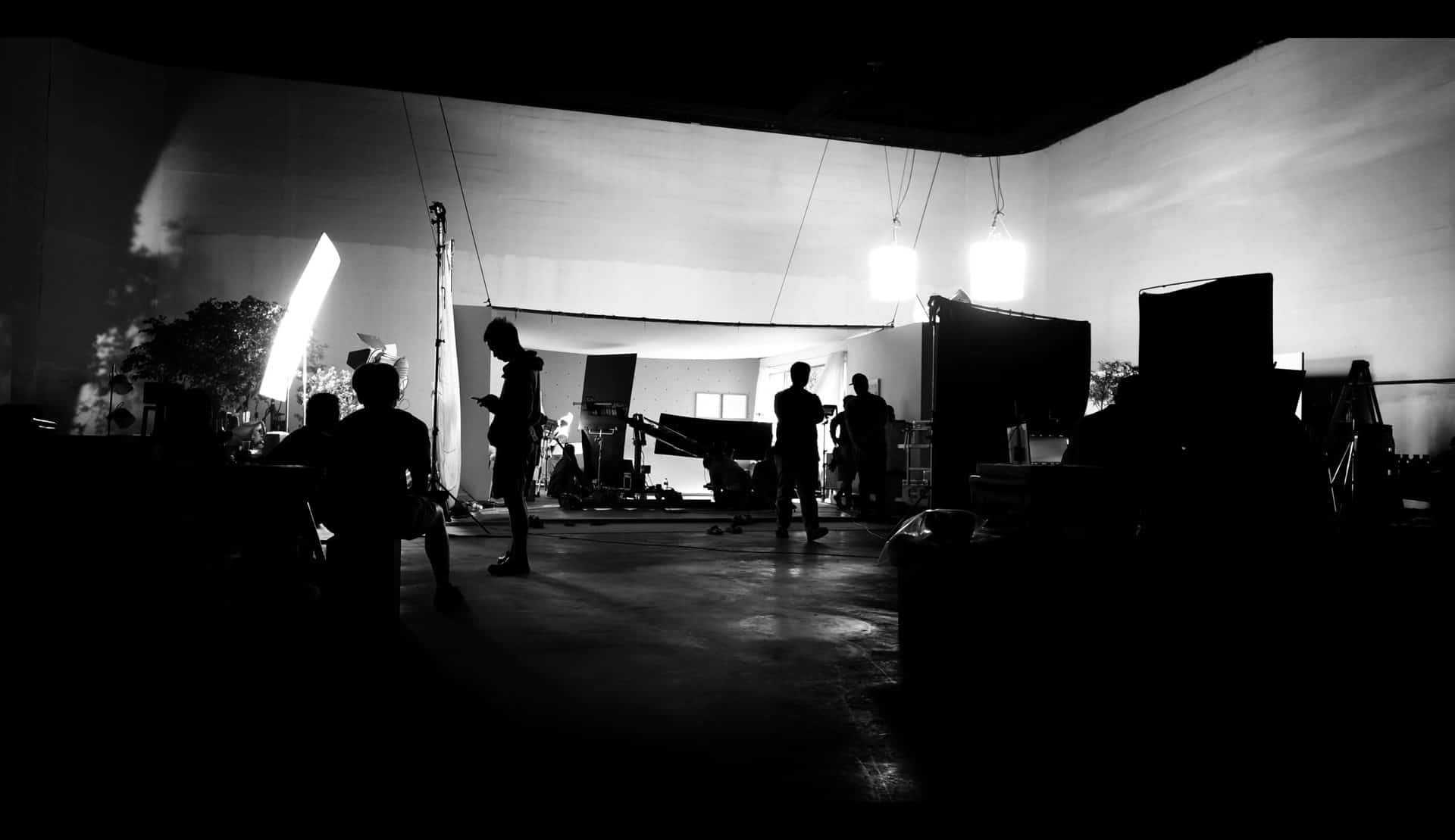By Carley Kormanis.
Any good filmmaker knows that a film cannot happen without a solid team. Producers, directors, and writers — Stephen Spielberg, Quentin Tarantino, Christopher Nolan, Nora Ephron — make up the big names in Hollywood, and are essentially the only roles a general audience cares about. Of course, they are incredibly important roles, and without them a film would not get made. However, there are roles on every film set that are too often overlooked; the smaller roles, without which a film set could function, and a film could not be made. Here are five of the unsung heroes on a film set everyone should know and appreciate.
- Slate: This is an incredibly important role, yet often overlooked by audiences and crew alike. Often times the responsibility of slate goes to either the Script Supervisor or the 2nd AC, and sometimes is a role all on its own. The slate — also referred to as the clapper/clapperboard — is what the editor will use to sync the video and audio clips. On a set, video and audio are recorded separately, and the slate or clapper allows the editor to see the audio spike, and find a clear place to sync both together, and only then can the rest of the edit proceed. The slate includes information like the scene, shot, and take, making it an important element on set, that affects continuity for the Script Supervisor, and affects the difficulty of post-production for the editor. The person on slate is present for every single shot, even shots without audio, thus are integral to every film set. It is a very simple task, but if messed up, can cause major conflicts and confusion both on set and in the edit; the person on slate is a real hero in keeping track of the shots on set, and a hero to the editor.
- Craft Service: A fed crew is a happy crew. Simple as that — or so it seems. The craft service team — in charge of meals — puts more effort into their job than most crew members and audiences realize. They have to contact each and every individual on a set — and this could be anywhere from a handful to hundreds of people — to compile a list of allergies and dietary restrictions to make sure everyone is able to eat. Then, based on everyone’s restrictions, they must make or buy enough food to feed the whole crew. They are incredibly important, and incredibly overlooked.
- Grip: Lighting, as a whole department, can be quite underappreciated by both the general audience — as it often goes unnoticed — and crew, as it can take a bit of time to set up, seemingly disrupting the work flow on set. So, the grips being the lighting minions running around on set doing whatever their Gaffer is needing done, often get the brunt of that frustration. Typically, they can be identified by their tool belt and thick gloves. They are the ones who make sure all lights are powered, set up, and functioning properly. If anything related to lighting is wrong, they are on it. They’re the heroes that make every shot look beautiful.
- PAs: Production assistants, similar to grips, do whatever needs to be done, but in any department that needs an extra hand. They could be running props around, carrying stingers, getting batteries, gripping one minute, set-decking the next. The bottom line with PAs is that sets would move much slower without them, and everyone in this industry knows: time is money. They are truly unsung heroes, as they are often thrown around into unknown situations. They still keep the set functioning by taking over many small roles.
- 1st AD: This role is a little different than the previous four on this list. A film crew knows very well how important they are to a set, but the audience does not. The 1st AD is the person who keep the set running. Quite literally. They are in charge of scheduling, timing, and making sure everyone does their job properly and efficiently — including the director. On a film set, the director is the boss of all creative decisions, while the AD is THE boss everyone answers to — a fact many audiences are unaware of. Without a good AD, every film set would fail to meet deadlines, fail to get the needed shots, and thus result in a poor final film. Perhaps the 1st AD is the number one hero on set; they know the answer to every question that could be asked — as it is their job to know.
These are just five of the many, many roles on a film set that too often get overlooked. Every role is vital in order to have a functional set, and thus a good final product. Next time you’re on set, whatever role you might be in, take a moment to appreciate every single person there — all the unsung heroes who keep everything functioning, all in the pursuit of creating a wonderful film.
